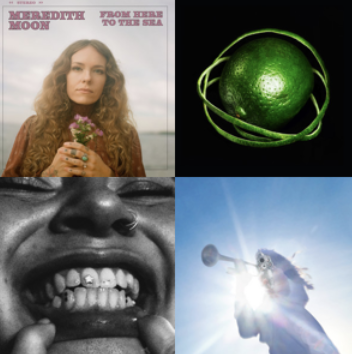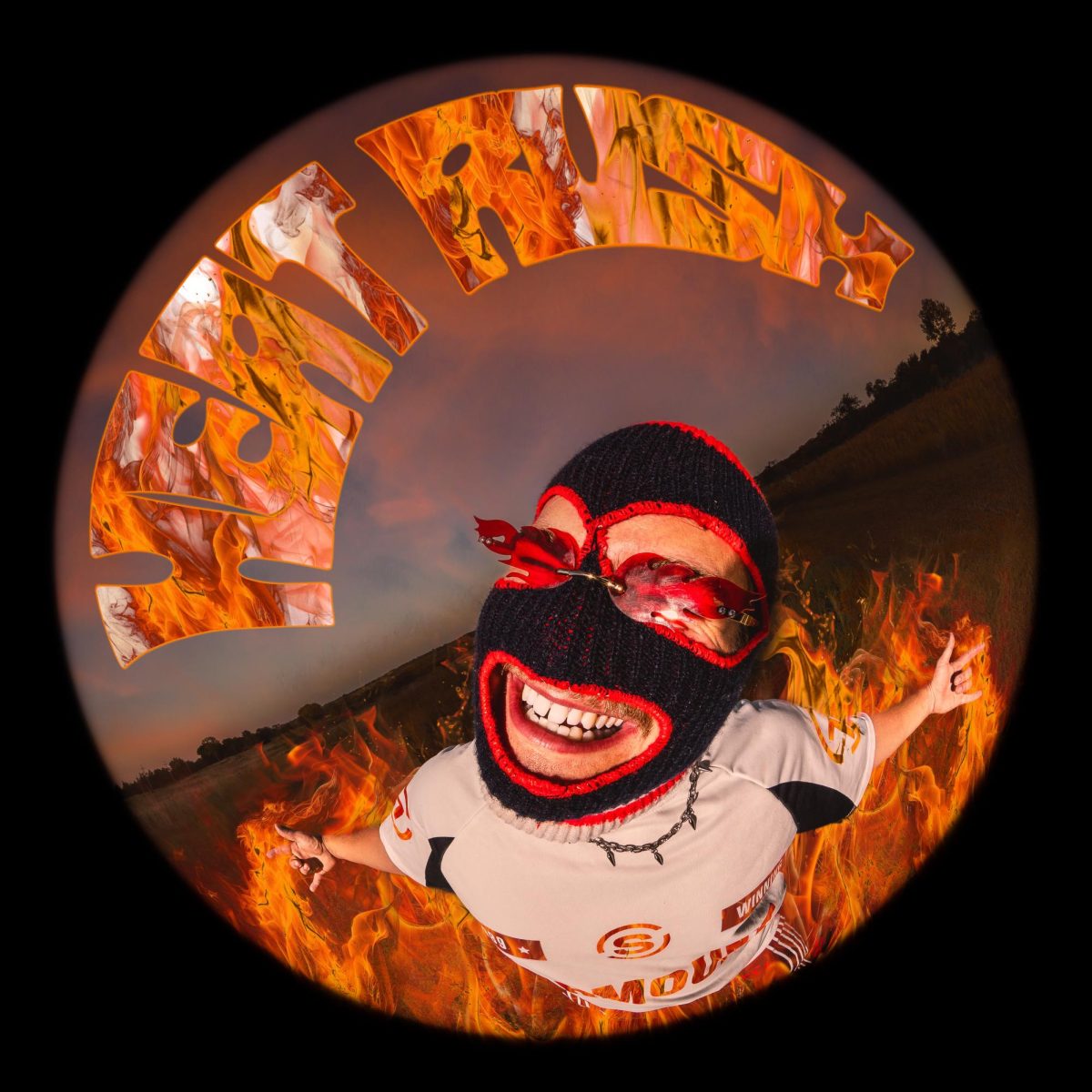For the first time in U.S. history, hip-hop is the most popular genre in the country. But that’s already in jeopardy as artists like XXXTentacion stake their claim while leaving bruises on women in “black and blue, purple, every color under the rainbow.”
This haunting description is one of many included in an article published Sept. 8 by Pitchfork, which describes the backstory of Florida rapper XXXTentacion’s 2016 arrest for multiple assault charges. The official transcript obtained by Pitchfork states the Florida rapper developed a pattern of serial abuse aimed toward his then-pregnant ex-girlfriend. The victim says XXXTentacion threatened to kill her “literally like every day” during a period of time in Orlando and would use household objects to sexually or physically abuse her.

The account of XXXTentacion’s crimes against women come at a particularly dangerous time for hip-hop. Because of its recent solidified popularity, hip-hop finally has a chance to become legitimatized in the music industry. When compared to just about any other genre, hip-hop can be considered rather young. And just like any young genre, the media and many critics will find ways to doubt its value to American culture as a whole. The same happened with rock music; Elvis’ hip shake and The Beatles’ mere existence were called into question until rock’s popularity was undeniable, therefore becoming legitimate. This is the crossroad hip-hop finds itself at, and rappers like XXXTentacion could derail the whole thing.
XXXTentacion’s danger to hip-hop stems from both the content of his music and how his fans interpret his lyrics. In Pitchfork’s article, there are multiple official transcripts supporting claims of bodily harm and XXXTentacion’s psychotic acts against his ex-girlfriend. Despite overwhelming evidence of his guilt, though, XXXTentacion’s lyrics tell an entirely different story. In “Orlando,” a song from his debut album “17,” XXXTentacion claims he faced his fears in order to love this girl, only to have her “break his heart.” These lyrics directly contradict the documents submitted at his arrest and later in the investigation. A 2010 University of Massachusetts study stated only 2 to 10 percent of sexual assault allegations are false; XXXTentacion seems hell-bent on trying to disprove that.
XXXTentacion’s attempts to falsify his victim’s account through lyrics have clearly affected the way his fan base, many of hip-hop’s newest listeners, view sexual assault. In an Aug. 25 article from Complex, a 14-year-old fan named Louis stated he tries to “prioritize the fact [XXXTentacion is] an incredible musician over the fact that he’s undeniably done some bad things.” That’s the problem, Louis. This argument fails to recognize his “incredible” music equates to his psychotic treatment of women. Attempting to look past XXXTentacion’s actions by applauding his music is a nonstarter because his music directly correlates to his actions. [there are no disconnects between his music and actions)
 Unfortunately, XXXTentacion isn’t the only rapper to seemingly glorify violence toward women and also commit those acts. Fellow Florida native Kodak Black was banned from South Carolina in 2016 over sexual battery charges. In the song “Save You,” from Kodak’s 2017 debut “Painting Pictures,” he raps about saving women from the hood and calls himself a hero. Despite the scenario described in Kodak’s lyrics, the reality of his view on women is anything but heroic, as he also allegedly punched a 34-year-old strip club worker in April. What’s even more worrying? “Painting Pictures” debuted at No. 2 on the Billboard charts, just like XXXTentacion’s “17” — young fans are rewarding rappers for abusing women.
Unfortunately, XXXTentacion isn’t the only rapper to seemingly glorify violence toward women and also commit those acts. Fellow Florida native Kodak Black was banned from South Carolina in 2016 over sexual battery charges. In the song “Save You,” from Kodak’s 2017 debut “Painting Pictures,” he raps about saving women from the hood and calls himself a hero. Despite the scenario described in Kodak’s lyrics, the reality of his view on women is anything but heroic, as he also allegedly punched a 34-year-old strip club worker in April. What’s even more worrying? “Painting Pictures” debuted at No. 2 on the Billboard charts, just like XXXTentacion’s “17” — young fans are rewarding rappers for abusing women.
Regardless of these artists’ criminal allegations and lyrical content, many hip-hop fans obviously seem eager to support this behavior. This sends a bad first impression after becoming the country’s most popular genre. It’s also the obstacle XXXTentacion and artists like him pose to the genre’s legitimacy, in that they’re a moral dilemma for the fan. Hip-hop listeners always asked to be taken seriously by the music industry — this is their chance. Misogyny in hip-hop, and all genres, should be confronted and discouraged. But this discussion can’t occur until the general public deems hip-hop legitimate, which leaves one choice. It’s time to cast out artists like XXXTentacion, who both practice and preach violence against women. No one will seriously consider hip-hop while they’re still around, and these rappers certainly don’t deserve a seat at the table when a discussion about the music industry’s misogyny occurs.
If listeners aren’t ready to say goodbye to abusive rappers, then the popularity hip-hop deserves won’t stick. These artists’ time to shine has gone on too long, and soon the rest of the country will notice. When that happens, it won’t be like Fox News’ reaction to Kendrick at the BET Awards; it’ll be a cold shoulder from more than a news channel. XXXTentacion could ruin hip-hop for everyone, so if listeners consider themselves hip-hop fans: Stop listening to XXXTentacion. Stop listening to Kodak Black. Stop excusing sexual assault and harassment as “good music.”
Categories:
XXXTentacion, and Rappers like him, are Hip-Hop’s Largest Obstacle
September 11, 2017
Story continues below advertisement
Tags:
Donate to KCOU
Your donation will support the student journalists of University of Missouri. Your contribution will allow us to purchase equipment and cover our annual website hosting costs.
More to Discover




